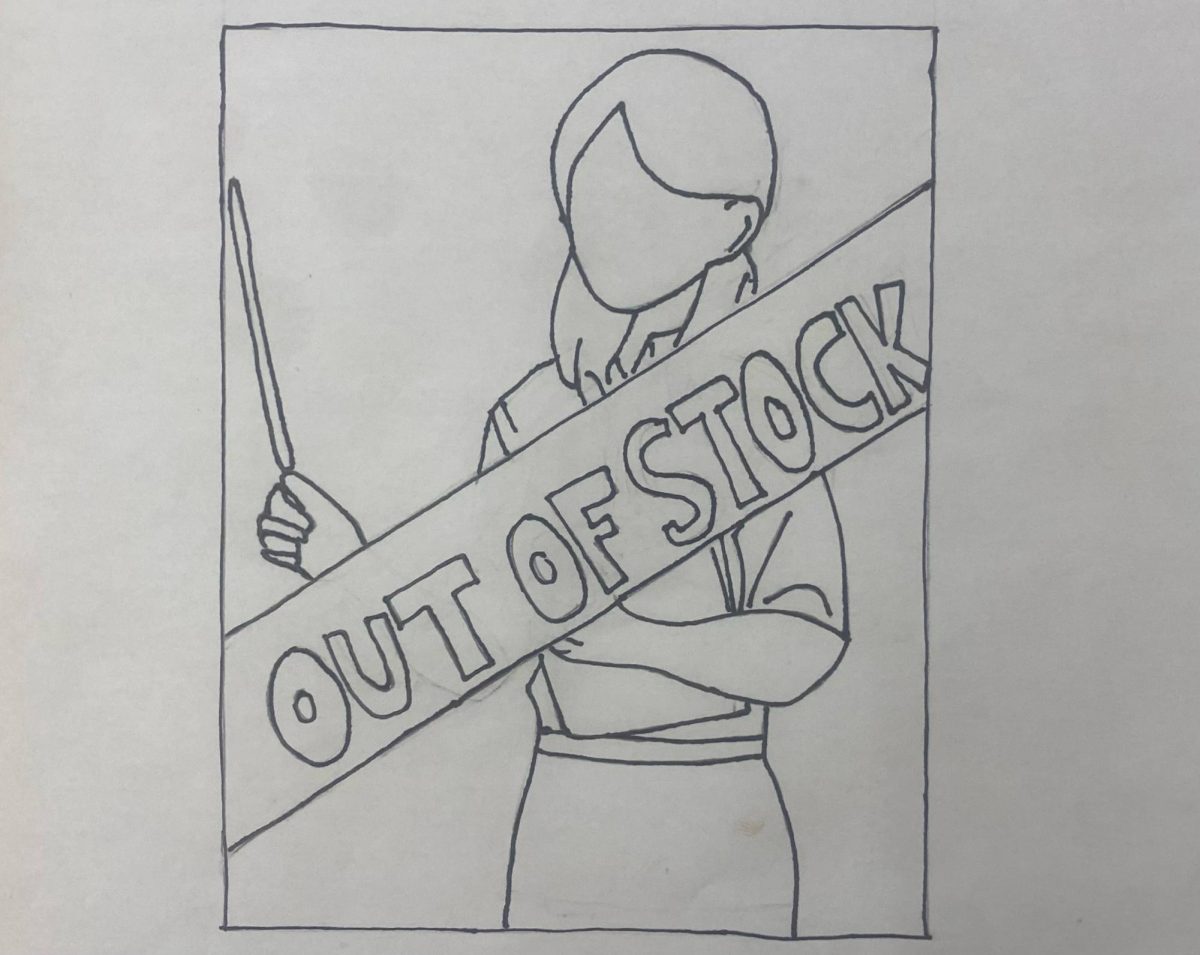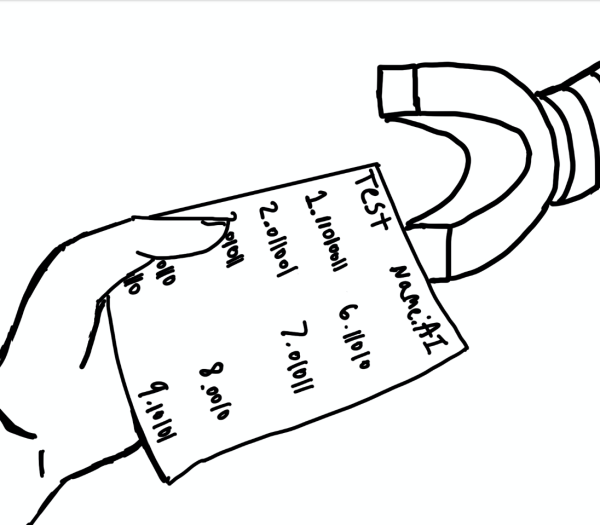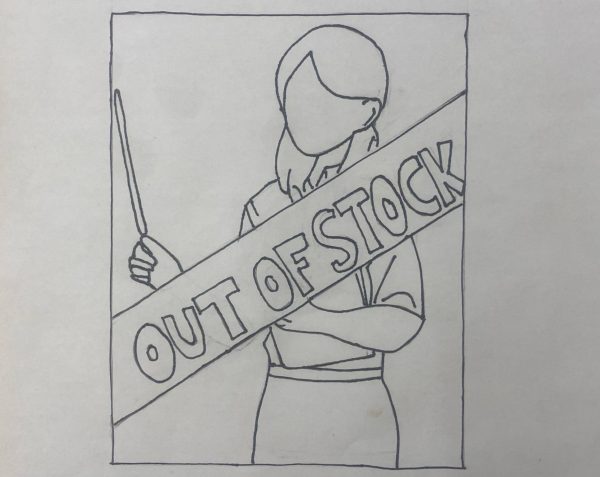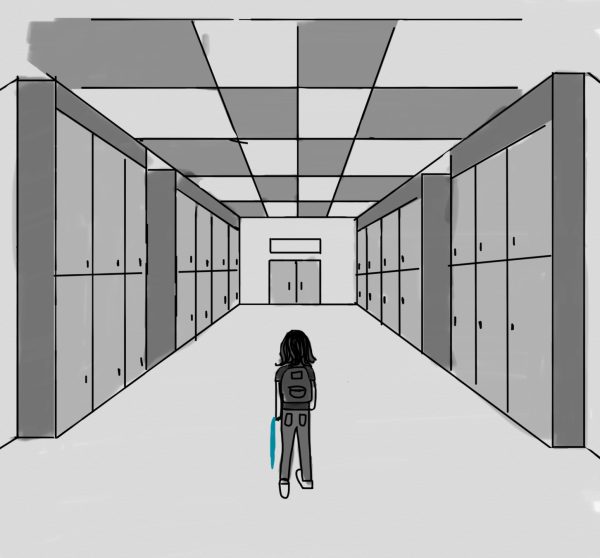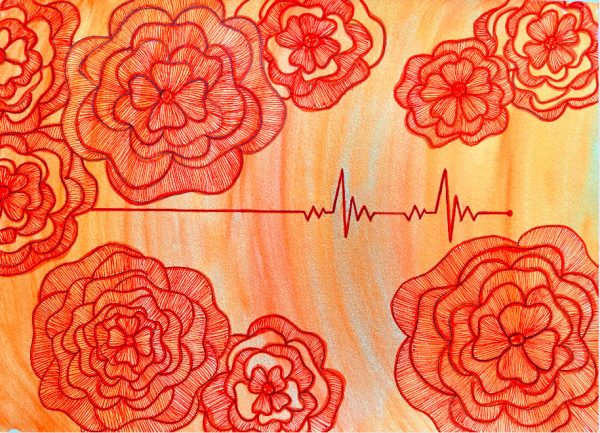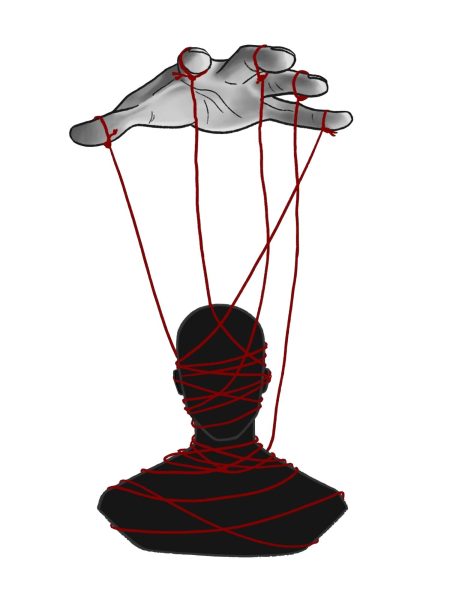A new conversation about Roe v. Wade
June 5, 2022
Almost 50 years ago, Norma McCorvey, better known by her pseudonym Jane Roe, filed a lawsuit against her local Texas attorney, Henry Wade, in an effort to access an abortion. While abortions were illegal in Texas in 1973, McCorvey fought to not only gain the right to an abortion for herself, but for other women in her state. This case gained national attention, eventually reaching the Supreme Court. This decisive case protected abortions nationally, allowing all women to receive one within the first trimester of their pregnancy.

Roe v. Wade has been a legal precedent for almost 50 years, and while challenged, has remained unturned – until a draft from the Supreme Court was leaked by Politico highlighting the possibility of Roe v. Wade being overturned by the Court. It is estimated that 220 million women in the world are trying to avoid pregnancy but have no form of contraceptive to do so. 21.6 million women experience unsafe abortions each year. One woman dies every seven minutes due to an unsafe abortion. It is clear that without resources and education about how to prevent pregnancy and how to safely terminate a pregnancy, more women will continue to be in danger of unsafe abortion procedures. While women all over the country are concerned about abortion access, many question the role that men and people who do not bare female reproductive organs play.
When the Supreme Court draft was leaked on May 5, 2022, the country stood still in disbelief that this landmark decision may be reversed. People marched through the streets, walked out of their jobs and rioted in front of government officials’ homes. “Pro-choice” social media posts and messages flooded the internet. The country was on fire, and the flame still burns with the anger of the tens of millions of women whose rights can be taken from them through one vote. Although the public outcry was mainly by women, men and people who do not identify as women also took part in this reaction. Six days after the draft was leaked, Redwood students walked out of their classrooms wearing green and holding signs to march in a protest for abortion rights. Among this crowd was senior Yur Majesty Starbird who was filled with confusion and rage as he knew this decision would affect those he cared about.
“It made me more worried. I have two sisters and … both my sisters are pretty young. If something happens, I want them to be able to take care of themselves, and knowing that they are legally not going to be able to is a scary thought,” Starbird said.

Strong female figures in Starbird’s life have taught him about the importance of access to safe abortions abortion, and recently, he has taken it upon himself to seek further education regarding Roe vs. Wade by having conversations with his mother and protesting to show his support.
Similar to Starbird, junior Rowe Stodolnic has also learned about Roe v.s. Wade through conversations and other resources. When the draft was first leaked, Stodolnic was not very knowledgeable about Roe v. Wade, so he took extra measures to understand what the leaked draft and his role as a male in the conversation meant.
“I listened to a lot of podcasts … [one podcast with] all pro-life people … and the other with pro-choice advocates and people who perform abortions,” Stodolnic said. “When I heard about [the leaked draft], I just wanted to get a lot more information. … I feel like educating myself is a [good] way to understand what is going on.”
As a male in a female-dominated conversation, Stodolnic thinks about his role and other men’s roles regarding the possible overturn of Roe v. Wade.
“Everyone who wants to make a change has a role to educate themselves so they can actually work for change,” Stodolnic said. “I think it’s important especially for men because, as we all know, it’s a lot of white men who are making these policies, and they are … making policies for things that don’t apply to them.”
Although there has been an uproar from the younger generation about Roe v. Wade, specifically from students, older generations still had an intense reaction to the leaked draft. William Crabtree teaches various classes at Redwood such as computer coding, government and economics. He has been a teacher for the majority of his adult life and is a father of two. Through his roles as an educator and a father, Crabtree’s perspective on abortion has been molded by the experiences he has seen firsthand.
“The second school I ever taught at had a daycare center right behind my room for kids of students. One of my favorite students … was a sophomore, and she got pregnant,” Crabtree said. “By the time she was a senior, she was a single mom … and she was working, going to school and fortunate enough to have a family that was supporting her … [which] is not the case for [everybody].”

Crabtree’s experiences as a teacher heavily influenced his overall perspective. Watching a favorite student of his become a young mother gave him the insight into how necessary it is for young mothers to have resources to make the best decision for themselves. He recognizes that men and those who do not identify as women are not ultimately impacted by this decision.
“It’s really difficult to put myself in the shoes of women who are faced with this particular set of circumstances, especially poor women who don’t have the means to travel to a state that allows [abortion] … or don’t have the means to raise a child. … I can’t even imagine making those decisions. I’m concerned it will create more division,” Crabtree said.
According to a 2005 study done by the United States Conference of Catholic Bishops (USCCB), 73 percent of abortions were due to not being able to financially support a baby. The abortion rate has risen to 81 percent for women below the federal poverty line. With the disadvantage that women who live in low-income communities already have, resources for safe abortions ensure that women who are not able to support a baby can make the choice to have an abortion if they need one.
Like Starbird and Stodolnic, junior Lucas Nordin took action when he first heard about the leaked draft. His main inspiration for rallying was the women in his life, such as his mother and sisters, and his worry for their future.
“My family goes to protests and [marches] for women’s rights. I don’t see as many [men] going. The ratio is more women to men … I do think that there should be more guys going because they have moms and maybe sisters, so they should also voice their opinions,” Nordin said.
As someone who had prominent female figures in his life to educate him on the topic of abortion long before the draft was leaked, Nordin acknowledges that is not the reality for everyone. He believes that the difference in opinion is sometimes based on a lack of education and recognizes the importance of abortion education in school.
“I think schools are arguably the most important role in educating kids on [abortion,]” Nordin said. “It’s better to learn it in school because most people aren’t going to learn it anywhere else.”
Senior Kaylen Shaw, a non-binary student, also agrees on the importance of learning about Roe v.. Wade. Shaw recognizes that education surrounding abortion goes beyond pro-life and pro-choice; it is important that kids learn about the factors that cause abortion and why resources for safe abortions are necessary.
“My whole lens around abortion is due to the strong female figures I have had in my life who have had abortions. … It formed the way I think about [abortion],” Shaw said.
As someone who understands the importance of the topic, Shaw also believes in everyone’s right to their own opinions. Shaw sees the arguments from the opposite sides of this debate but believes it is separate from the actual decision that is to be made.

“Ultimately, if you are not giving birth, it’s your job to support and listen. I have an issue with people who make policies having an opinion on women’s bodies,” Shaw said. “I don’t think bodies should be politicized or controlled by our government at any capacity.”
By shedding light on the perspectives of men and non-binary people, or those who might not be as directly affected as women, it is clear that there is a role for everyone in the conversation around abortion. As we wait to see if Roe v. Wade will be overturned, more conversations will surface. The question is, who will join these conversations?




